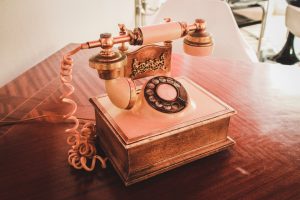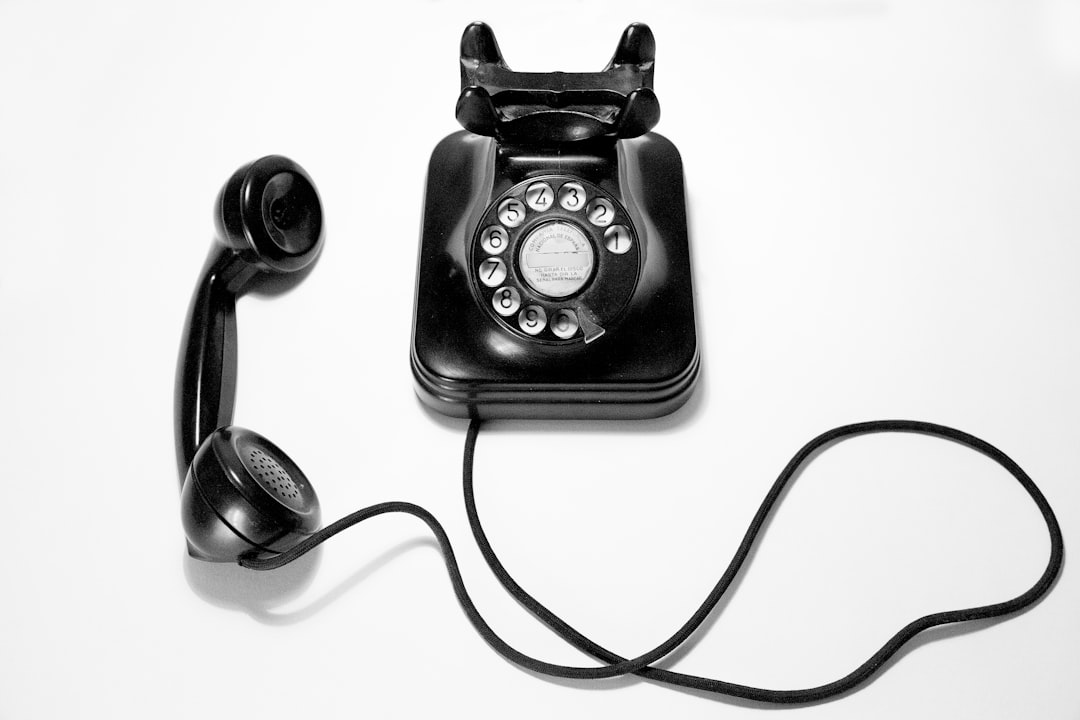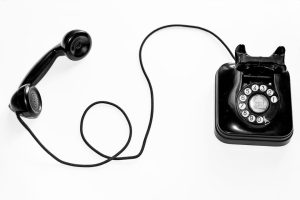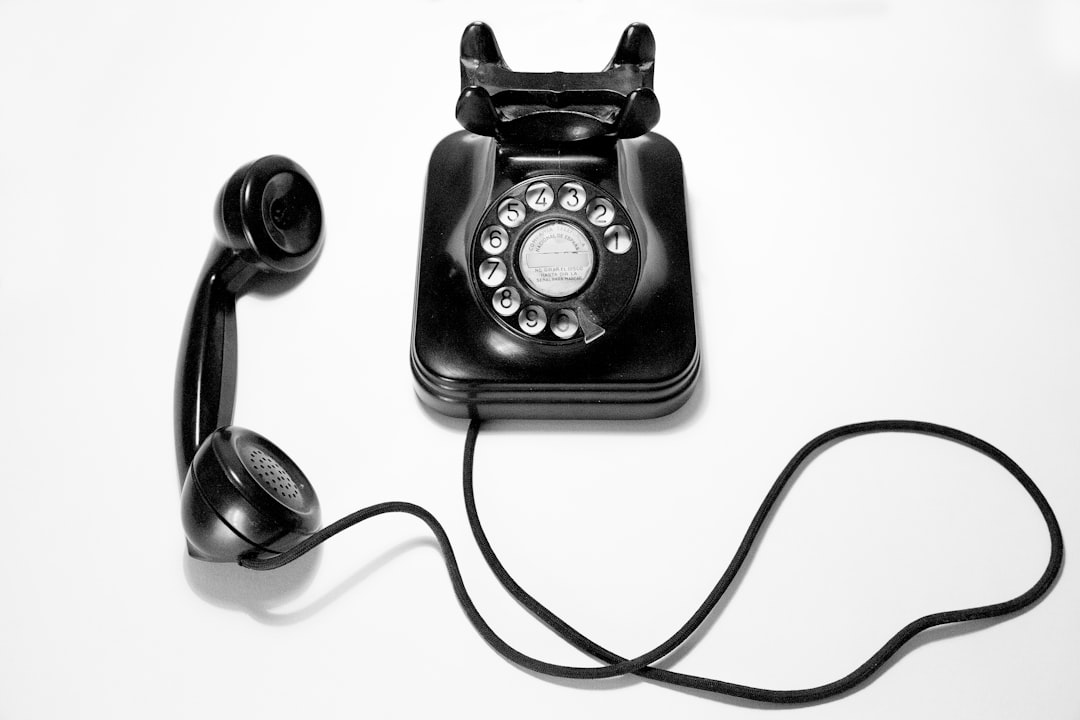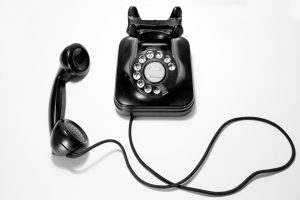The Telemarketing and Consumer Fraud Prevention Act (Do Not Call law) restricts automated sales calls to registered numbers. Washington state has additional Do Not Call laws. Verify callers' identities and legal standing if contacted despite being on the National Do Not Call List. Document details of unauthorized calls for evidence. Inform telemarketers of your registration status and legal protections. Report persistent unwanted calls to the Washington State Attorney General's Office.
Tired of unwanted telemarketing calls despite being on the National Do Not Call Registry? Understand your rights and learn how to handle these intrusions effectively. This guide explores what to do if you receive a telemarketing call after registering, including verifying the caller’s identity, documenting the interaction, and knowing when to report it. By following these steps, residents of Washington can protect their privacy and take control, ensuring compliance with state laws and a quieter home environment. Discover powerful responses and crucial reporting procedures for a smoother, less spammy experience.
Understand Your Rights Under the Do Not Call Law

In the United States, the Telemarketing and Consumer Fraud Prevention Act, often referred to as the Do Not Call (DNC) law, grants consumers powerful rights to control unwanted telemarketing calls. If you’ve registered your number on the National Do Not Call Registry, you’re well within your rights to expect a significant reduction in these types of calls. However, some law firms and telemarketers may still attempt to reach you, believing they are exempt or unaware of the law.
Under this legislation, businesses must obtain explicit consent before calling residential telephone numbers. They are prohibited from making automated or pre-recorded sales calls to numbers listed on the DNC Registry. Washington state has its own Do Not Call laws, further reinforcing consumer protections and allowing residents to enjoy a quieter, more peaceful environment free from nuisance calls, especially after registering their numbers with the national registry.
Verify the Caller's Identity and Legal Standing

When receiving a telemarketing call after registering in the National Do Not Call List (NDCNL), it’s crucial to verify both the caller’s identity and their legal standing. Start by asking for the name of the company and the name of the person calling, and cross-reference this information with official listings to ensure authenticity. Many reputable companies comply with NDCNL regulations, but fraudulent or unauthorized callers may attempt to bypass these laws.
Check if the caller’s firm is registered with relevant regulatory bodies in Washington State, which has its own Do Not Call Law. Reviewing their legal status can help you determine if they are permitted to make telemarketing calls. If you’re unsure, don’t hesitate to consult with a consumer protection agency or an attorney specializing in telecommunications law to understand your rights and options under the NDCNL and Washington’s specific regulations.
Document the Call: Time, Date, and Conversation Details

When a telemarketing call comes through after you’ve registered with a Do Not Call list in Washington, it’s crucial to document the interaction immediately. Note down the exact time and date when the call reached your phone. This detail is essential as many states, including Washington, have specific regulations regarding such calls, even for numbers on the Do Not Call Registry.
During or after the conversation, jot down key points discussed. Include the caller’s name, company they represented, purpose of the call, and any personal information shared. Accurate documentation can serve as proof if you need to file a complaint with your state’s Attorney General’s office, which has the power to enforce the Do Not Call laws. Remember, these records might be vital in ensuring accountability from telemarketing firms operating in Washington under the Do Not Call law.
Responding to Telemarketers: What You Can Say

If a telemarketer calls after you’ve registered with a “Do Not Call” list, you have rights and options. Start by firmly stating your registration status; say something like, “I am aware that I’m on the National Do Not Call Registry, and I’d appreciate it if you respect my decision to not receive sales calls.” This direct approach often ends the call quickly.
You can also educate the caller about the Do Not Call law firms in Washington that enforce these regulations. Mention that their persistence may result in fines. For example, “I’m surprised to hear from you since I’ve made it clear I don’t want marketing calls, and the FTC and local Do Not Call laws protect me from these unsolicited contacts.” This assertive yet polite response ensures the caller understands the legal implications of continuing the call.
Reporting Unwanted Calls to Relevant Authorities in Washington

If you’ve registered with the National Do Not Call Registry and still receive unwanted telemarketing calls, it’s crucial to know your rights and options in Washington state. One effective step is to report these persistent calls to the relevant authorities. The Washington State Attorney General’s Office offers a simple process for filing complaints against telemarketers who ignore the Do Not Call list regulations.
When making a complaint, provide detailed information about the caller, including the company name and any specific products or services they were promoting. You can file a report online through the Attorney General’s website or by calling their consumer protection hotline. This proactive step not only helps protect yourself but also contributes to enforcing the Do Not Call law in Washington, ensuring that firms adhering to these regulations are held accountable for any violations.


